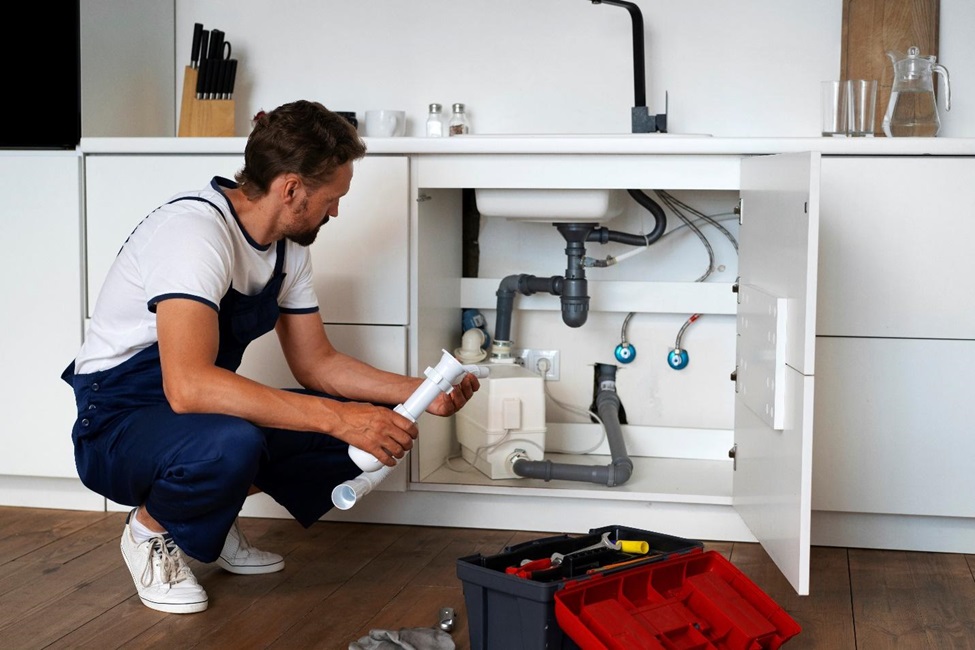The plumbing system is an essential part of every building, house, or office. The system ensures smooth water supply and sanitation. The construction of a building is significantly based on the plumbing system, so proper installation and maintenance are essential to prevent any problems. However, plumbing disasters can happen at any time, disrupting your daily life. Disasters such as burst pipes, gas leaks, clogged drains, and blocked kitchen sinks can cause significant damage to your home. Here are a few tips to avoid plumbing problems and disasters:
Regular Inspection
Regular inspections can help you diagnose issues early, preventing significant losses. Look for pipe leaks, wear and tear, corrosion, water pressure, drain cleaning, and gas leakage. Also, plumbing inspections should be planned every two years to detect potential problems. Plumbing professionals have detection equipment to detect any blockage, leakage, or cracks.
Drain Cleaning
A serious clog can block your entire drainage system, so it’s important to keep your drain free from debris. Taking care of the drainage system involves cleaning it every couple of weeks. Don’t use chemical cleaners. They may be an attractive way to clear out the debris, but they can damage your drainage pipes. Instead, clean the drain by hand or with the help of a professional. To clean the drain by yourself, you can use a mixture of white vinegar and baking soda. Regular cleaning will protect your system from any plumbing disaster. For drain cleaning, consider calling emergency plumbing services.
Backflow Prevention Devices
Backflow of contaminated water in your home or office pipes can lead to serious plumbing issues. Contaminated water can pollute clean water in the pipes, leading to serious health issues. You can use backflow preventers such as check valves, air gaps, and atmospheric vacuum breakers to prevent the backflow of contaminated water. Installing a backwater valve can prevent sewage from an overloaded sewage line from backing up into your pipes. You can contact a plumber for the backflow testing and repairs.
What Should You Flush
Toilets are not garbage disposals. Only body waste and toilet paper should be flushed down the toilet. Other solid waste can block drains. Sewer pipes and tanks aren’t designed for solid waste. A trashcan should always be available for the disposal of solid waste, such as diapers, cleaning supplies, toilet paper, and wrappers. Educate your family on what should and shouldn’t be flushed to prevent future issues.
Gas Leaks
Gas leaks are extremely dangerous. They can cause fires or explosions. You can prevent gas leaks by checking the gas pipelines routinely, ventilating the gas equipment, installing a gas leak detector, and checking the batteries in the detector in your home. Always call a professional for help if you are unsure about it. Natural gas is odorless, but a distinctive odorant is added to it to help detect leaks. If you smell gas in your home or suspect a gas leak, it is crucial to call the gas company or professionals to repair and secure the gas lines to ensure safety.

